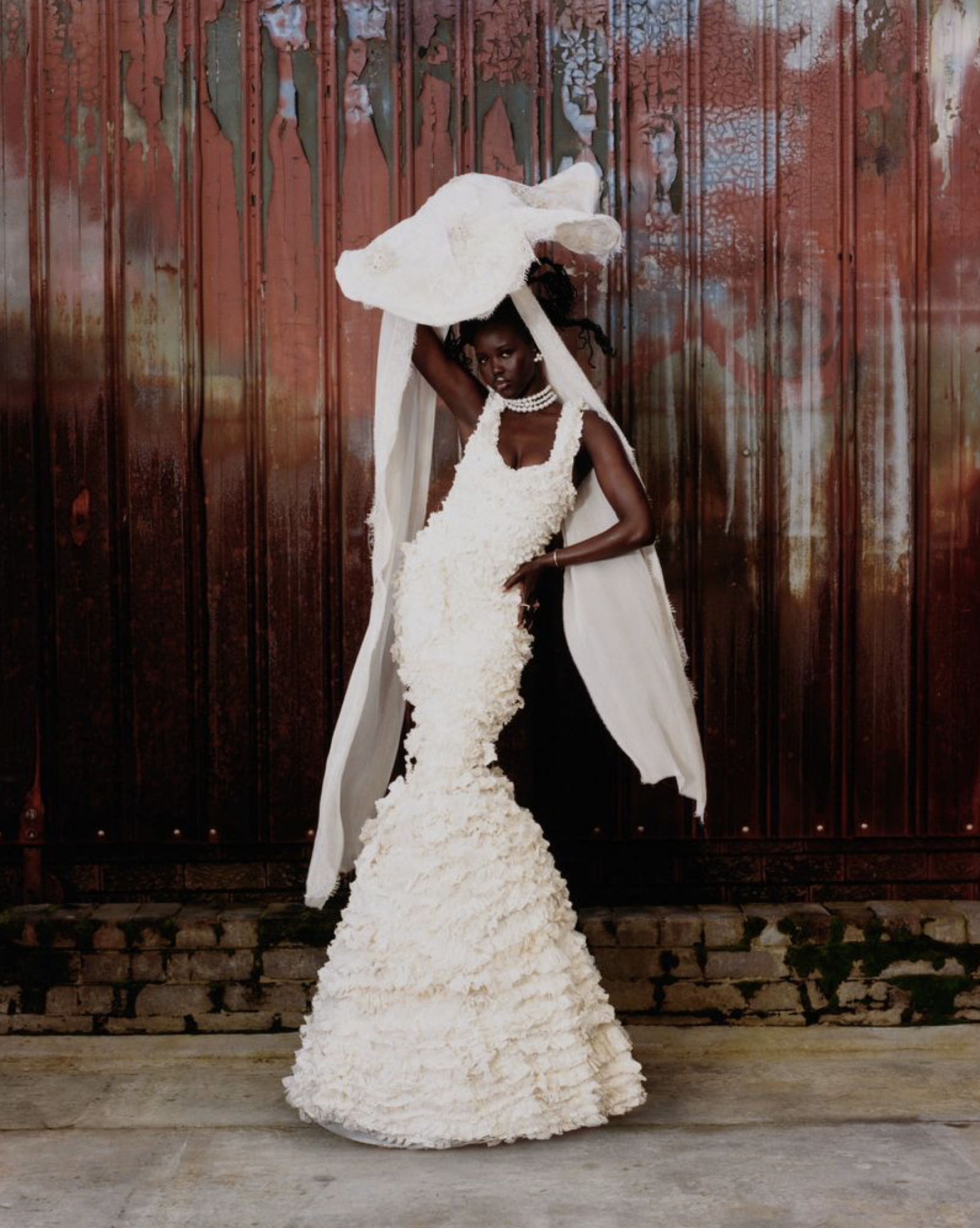Mango Committed 2021 Campaign Advances Strong Sustainability Goals
/Models Felice Nova Noordhoff and Hamid Onifadé front Mango’s Committed Campaign SS 2021. Julia Sanchis Meseguer styles the couple in relaxed silhouettes, made of natural fabrics such as linen and cotton in terracotta and ecru tones. Ronan Gallagher [IG] photographed the campaign ./ Hair by Paolo Soffiatti; makeup by Egon Crivillers
The Barcelona-based global fashion retailer is raising its sustainability goals, most-certainly as a reflection of evolving consumer mindsets. Currently, 79% of the Mango assortment is “Committed”, meaning that they are recycled or have sustainable characteristics. By 2022, Mango hopes that 100% of every item meets this criteria, writes WWD.
Note that Mango is not asserting that these garments are fully-sustainable in every way. But the company does have an ambitious environmental agenda.
“We have made the commitment to continue working to become a more sustainable company,” said Toni Ruiz, Mango’s chief executive officer. “This is why we are taking huge steps with very ambitious projects that will allow us to minimize our impact and achieve the strict sustainability targets we have set ourselves.”
Mango targets include using 100 percent sustainable cotton and 50 percent recycled polyester in its collections by 2025. The retailer projects 100 percent of its cellulose fibers (for example, lyocell, viscose and modal, among others) to be of controlled origin and traceable by 2030.
As part of the commitment it made after signing the Fashion Pact, in relation to its diversity pillar, Mango will support the Asociación Vellmarí, founded in 1993 and headed by Manu San Félix, a biologist, scuba diver and National Geographic photographer and explorer. The nonprofit organization carries out conservation and education projects in the Posidonia Lab, a marine conservation project helping to protect posidonia (neptune grass), a plant species of the Mediterranean. “We believe that educating young children is the way to change the future for the better, so that they will learn to do well what we have done badly,” said San Félix.
Mango has continued to replace plastic bags with paper ones. Note that they are banned in several countries or cities internationally. The goal is to “progressively eliminate all the plastic bags it uses to distribute products throughout its production chain” in collaboration with its suppliers, the company said in its announcement Tuesday on sustainability.
In 2020 — impacted by COVID — Mango collected 42 tons of garments through its recycling project with Moda, a recycling program based in Spain for the fashion industry. The garments are collected in Mango stores for reuse, recycling and energy recovery. In 2020, Mango had 610 recycling points in stores in 11 countries. In 2021, the program will extend to six more countries adding more than 200 recycling points.



























